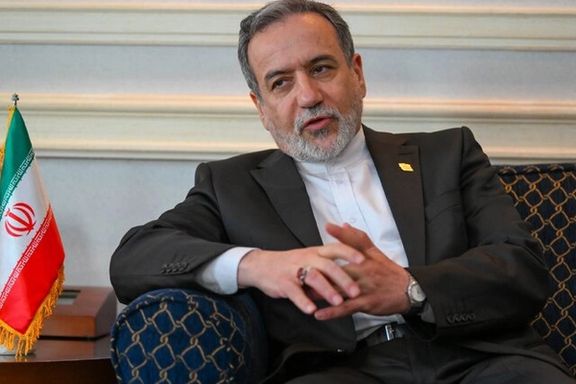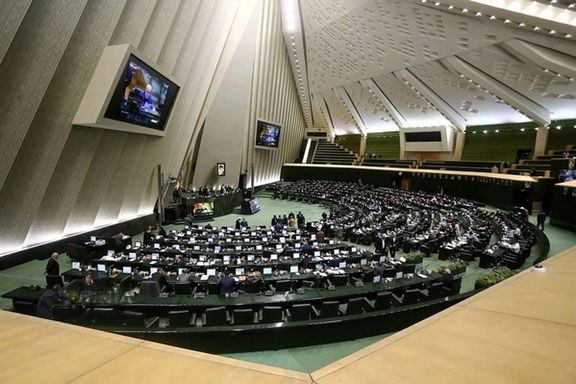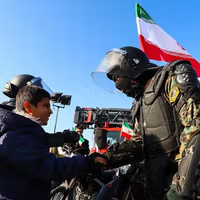In a strongly worded statement, the National Security and Foreign Policy Committee of Iran’s parliament described IAEA chief Rafael Grossi as “a servant of the US and the Zionist regime,” accusing him of siding with hostile powers and remaining silent over attacks on Iranian nuclear sites, according to remarks published by state media.
The committee said the agency’s failure to condemn the June strikes on Iranian nuclear facilities showed its bias and warned that continued cooperation without security guarantees could risk more attacks. “We do not trust the agency. Do not allow them to pave the way again,” the statement said.
Law passed after June attacks shifts oversight
The legislation referenced by parliament was passed after the June 22 military strikes by the US and Israel on Fordow, Natanz, and Isfahan. The law stipulates that any future inspection by the International Atomic Energy Agency must receive approval from the Supreme National Security Council.
Foreign Minister Abbas Araghchi said following the law’s passage that Iran remains committed to the Nuclear Non-Proliferation Treaty. He said reports of a total suspension were “fake news” and that Iran’s core obligations would be upheld, but on a new, more limited basis.
“The Parliament of Iran has voted for a halt to collaboration with the IAEA until the safety and security of our nuclear activities can be guaranteed,” Araghchi said on X in July.
Talks resume as UN sanctions deadline approaches
The parliamentary message comes as Iranian diplomats prepare for talks with the E3 — Britain, France, and Germany — in Geneva. The negotiations aim to prevent the possible reimposition of United Nations sanctions under the snapback mechanism, which European powers have warned they may activate if Iran is found to be in non-compliance with the 2015 deal.
On Tuesday, Foreign Ministry spokesperson Esmail Baghaei said Iran is concerned about the consequences of snapback but emphasized the issue should not cause public anxiety. He confirmed that Tehran is reviewing a Russian-drafted UN resolution that would delay the expiration of Resolution 2231 by six months.
Iran says the European parties no longer have legal authority to activate the mechanism. “When we say they have no legal standing, it means we not only reject their authority but are also deeply concerned about the implications,” Baghaei said.
Khamenei rejects direct talks with US
The renewed tensions follow public comments by Supreme Leader Ali Khamenei, who on Sunday rejected proposals for direct negotiations with the United States. He said US hostility was structural and could not be resolved through talks.
“Those who say, ‘Why don’t you negotiate directly with the United States and solve the issues,’ are superficial,” Khamenei said in Tehran. “Given America’s true objective, these issues are unsolvable.”
He also accused the US of preparing for regime change following the June attacks, saying American agents met in Europe a day later to discuss a future Iranian government. “They even appointed a king,” he said.
Khamenei’s remarks came after reformist leaders urged engagement with Washington and full IAEA cooperation in exchange for sanctions relief. He rejected the call as naive and dangerous.














